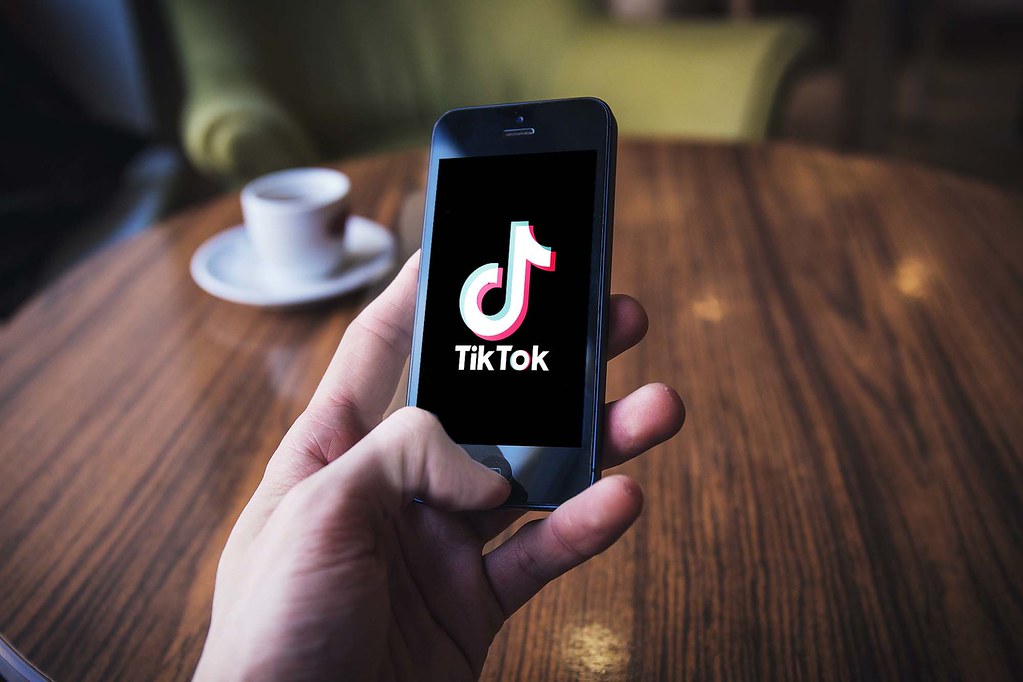
In a surprising turn of events, Americans are increasingly turning to virtual private networks (VPNs) and sideloading techniques to access TikTok, despite potential bans looming over the app. TikTok, a popular social media platform, has been at the center of legal and political debates in the United States. With the US government yet to enforce a definitive ban on the app, users are finding creative ways to circumvent restrictions. Recent data reveals a surge in VPN searches and sideloading practices, highlighting the challenges of enforcing a potential ban.
Google data indicates that search engine queries for “VPN” reached an unprecedented peak last month. This trend coincides with TikTok releasing a download kit aimed at assisting Android users in sideloading the app onto their devices. Although sideloading is more prevalent on Android phones, unofficial app shops are also operating in a legal grey area to facilitate TikTok downloads on iPhones.
Companies Exploit the Surge in Demand
Companies like Signulous and AppDB have capitalized on this demand. Signulous has enabled 120,000 users to install TikTok on their iPhones, while AppDB has recorded nearly 95,000 TikTok downloads and witnessed a doubling of its membership since the ban discussions emerged. Neil Pomperleau, reflecting on this surge, stated:
“One of the most popular apps in the world can only be sideloaded in the US so it’s been a good thing for us with record traffic to our site and a spike in customers.”
The US Supreme Court had ruled that TikTok could be sold or banned, but the government has yet to enforce such measures. President Donald Trump’s executive order currently allows TikTok’s use, even amid potential bans. TikTok appears to trust this assurance, as indicated by its continued operations within the country.
Experts argue that these trends underscore the difficulty of enforcing a complete ban if enacted. Aleksei Borodin, an expert in software distribution, remarked:
“People will always find a way to get what they want.”
This sentiment resonates with the experience of many users who have resorted to sideloading TikTok. Dewayne Puckett, a US user who downloaded TikTok through this process, shared his experience:
“An experience, but the app works like normal.”
The Impact of Unofficial App Shops and Legal Ambiguities
In addition to VPNs and sideloading, unofficial app shops have been exploiting legal ambiguities by registering customers as software developers. These practices have come under scrutiny, especially after new EU laws forced Apple to permit competition in its app store ecosystem. Apple, which charges a 30% commission on apps using its store for consumer protection, now faces increased pressure to adapt.
Despite these legal complexities, dozens of YouTube guides demonstrating how to sideload TikTok have attracted hundreds of thousands of views in recent weeks. This widespread interest highlights both the app’s popularity and users’ willingness to bypass official channels to access it.
Neil Pomperleau further commented on the situation:
“The law on the books is that TikTok is not allowed to be distributed in the US but we’re sort of operating on this pinky swear from two different US presidents that they won’t enforce this law.”
What The Author Thinks
The ongoing debate around TikTok’s potential ban in the US highlights the growing divide between government regulations and users’ desire to access content freely. The rise in VPN searches and sideloading practices is a testament to how technology and user ingenuity can circumvent restrictions, even when faced with legal challenges. While these creative workarounds might indicate a public demand for TikTok, they also underscore the difficulty of enforcing a complete ban on widely popular apps. This situation raises broader questions about how governments will regulate tech companies in the future and the balance between user choice and security concerns.
Featured image credit: Nordskov Media via Flickr
Follow us for more breaking news on DMR
